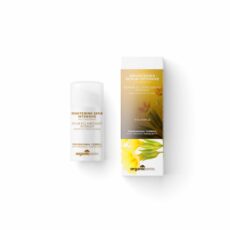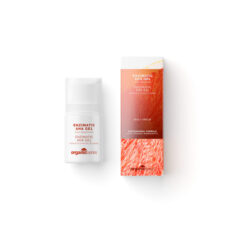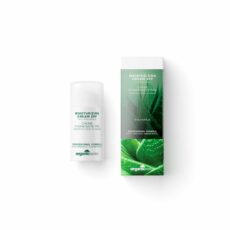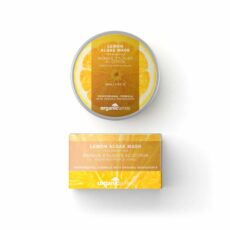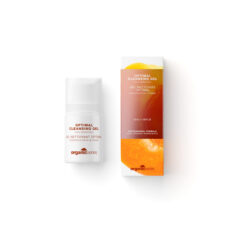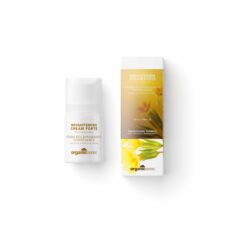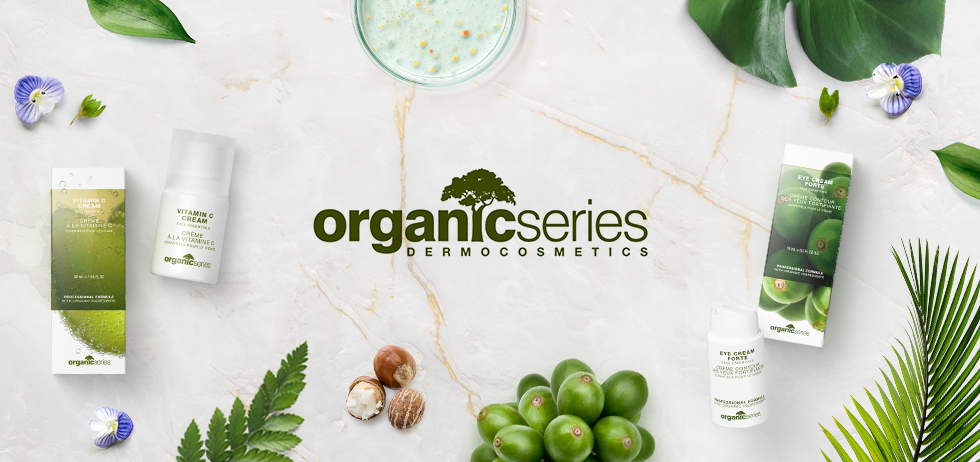Fight skin discolourations
Skin discoloration is a common concern, often caused by factors like sun damage, hormonal changes, aging, and inflammation. Whether it’s dark spots, melasma, or uneven skin tone, treating these issues requires a consistent approach and the right products. If you’re looking for effective strategies to fight skin discolorations, here are 10 genius methods that can help restore your skin’s natural radiance.
1. Incorporate Vitamin C into Your Routine
Vitamin C is one of the most powerful antioxidants for brightening the skin and fighting discoloration. This potent ingredient helps to reduce the appearance of dark spots by inhibiting melanin production, the pigment responsible for hyperpigmentation. Regular use of a Vitamin C serum can fade existing spots, prevent new ones from forming, and give your skin an overall brighter appearance.
Vitamin C also plays a crucial role in neutralizing free radicals from UV exposure and pollution, which are common triggers for skin discoloration. When combined with sunscreen, it offers enhanced protection against environmental damage.
2. Exfoliate Regularly with Gentle Acids
Exfoliation is key when trying to fade discolorations and brighten dull skin. Chemical exfoliants, such as alpha hydroxy acids (AHAs) and beta hydroxy acids (BHAs), are excellent for removing the top layer of dead skin cells, revealing the fresh, even-toned skin underneath. AHAs like glycolic acid and lactic acid are particularly effective for hyperpigmentation.
However, it’s important to choose exfoliants that are suitable for your skin type to avoid irritation, which can exacerbate discoloration. Start slowly with exfoliation, using products with low concentrations of these acids, and gradually increase usage as your skin builds tolerance.
3. Use Sunscreen Every Day
Sun exposure is one of the leading causes of skin discoloration. Even minimal exposure to UV rays can darken existing spots and create new ones. Wearing a broad-spectrum sunscreen with at least SPF 30 every day is crucial for protecting your skin and preventing further damage.
Opt for sunscreens that include ingredients like zinc oxide or titanium dioxide for physical protection, or chemical sunscreens that absorb and neutralize UV rays. Reapply throughout the day, especially if you are outdoors, and consider using hats or protective clothing for added defense against sun exposure.
4. Try Niacinamide for Brightening
Niacinamide, also known as Vitamin B3, is a powerhouse when it comes to brightening the skin and reducing discoloration. This ingredient helps to regulate melanin production and improve skin barrier function, which can prevent future dark spots. It’s particularly effective when used in combination with other active ingredients like Vitamin C or retinol.
One of the biggest advantages of niacinamide is its ability to calm inflammation, making it an excellent choice for those with sensitive skin or redness-prone complexions. Regular use of niacinamide can result in a smoother, more even complexion.
5. Consider Retinoids for Faster Cell Turnover
Retinoids, derived from Vitamin A, are known for their ability to boost cell turnover and speed up skin renewal. This can help fade dark spots and even out skin tone over time. Retinoids work by encouraging the production of new skin cells, which push older, damaged cells to the surface.
While retinoids are highly effective, they can be strong and may cause initial irritation. Start with a lower concentration and gradually increase your use as your skin adjusts. Over-the-counter retinol products can be a good starting point, or you can consult a dermatologist for a prescription-strength retinoid.
6. Utilize Natural Skin Lighteners
Natural ingredients such as licorice extract, kojic acid, and mulberry extract are often found in brightening skincare products. These ingredients work by inhibiting the enzyme responsible for melanin production, which can help lighten dark spots and even out the skin tone.
Licorice extract is especially beneficial for its anti-inflammatory properties, making it suitable for sensitive skin. Kojic acid, derived from fungi, is another effective skin lightener often used in treating hyperpigmentation. Using products containing these natural lighteners regularly can help reduce discoloration over time without causing irritation.
7. Try Microdermabrasion for Deeper Exfoliation
If topical treatments aren’t giving you the results you want, you might consider professional treatments like microdermabrasion. This non-invasive procedure exfoliates the outer layer of the skin, helping to reduce the appearance of dark spots and discoloration. Microdermabrasion is particularly useful for those with surface-level pigmentation issues.
Performed by a dermatologist or licensed aesthetician, microdermabrasion uses a device with a fine tip to gently buff away the top layer of skin, promoting the growth of new, healthy cells. Regular sessions can significantly improve skin texture and tone.
8. Hydroquinone for Targeted Treatment
Hydroquinone is one of the most effective ingredients for treating skin discolorations. It works by inhibiting tyrosinase, the enzyme responsible for melanin production, thus lightening dark spots and preventing new pigmentation from forming. It’s often recommended for stubborn cases of hyperpigmentation, such as melasma.
However, hydroquinone should be used with caution and under the guidance of a dermatologist, as it can cause irritation and is not recommended for long-term use. Combining hydroquinone with other brightening agents like retinoids or vitamin C can maximize its effectiveness.
9. Opt for Laser Treatments for Stubborn Spots
For more severe or deep-rooted discolorations, laser treatments can be highly effective. Lasers target the pigment in the skin, breaking it down and allowing the body to naturally eliminate the darkened areas over time. Laser treatments are particularly useful for treating sunspots, age spots, and post-inflammatory hyperpigmentation.
There are different types of lasers, each suited for specific skin concerns. A dermatologist can help determine the best type of laser for your skin type and condition. It’s important to follow all pre- and post-care instructions to avoid complications like further pigmentation or scarring.
10. Consistency is Key
No matter which treatments or products you choose to incorporate into your skincare routine, consistency is the most critical factor in achieving results. Skin discolorations can take time to fade, and it’s essential to stick with your routine for several weeks or even months to see significant improvements. Be patient and avoid jumping from one product to another too quickly, as this can irritate your skin and make the issue worse.
Combining different treatments, such as topical products, professional procedures, and daily sun protection, will yield the best results over time. Remember that preventing new discolorations from forming is just as important as treating existing ones.
Conclusion
Fighting skin discoloration requires a multi-faceted approach that includes protecting the skin from sun exposure, using brightening ingredients, and boosting cell turnover. Whether you’re dealing with dark spots, melasma, or an uneven complexion, these 10 genius tips will help you achieve a more even, radiant skin tone. By incorporating these strategies into your daily routine, you’ll be well on your way to clear, glowing skin. Consistency, patience, and choosing the right products are the keys to success in your journey toward a brighter complexion.
Expert recommendation for skin discolourations
Organic Series Brightening Cream Forte for Skin Discolourations
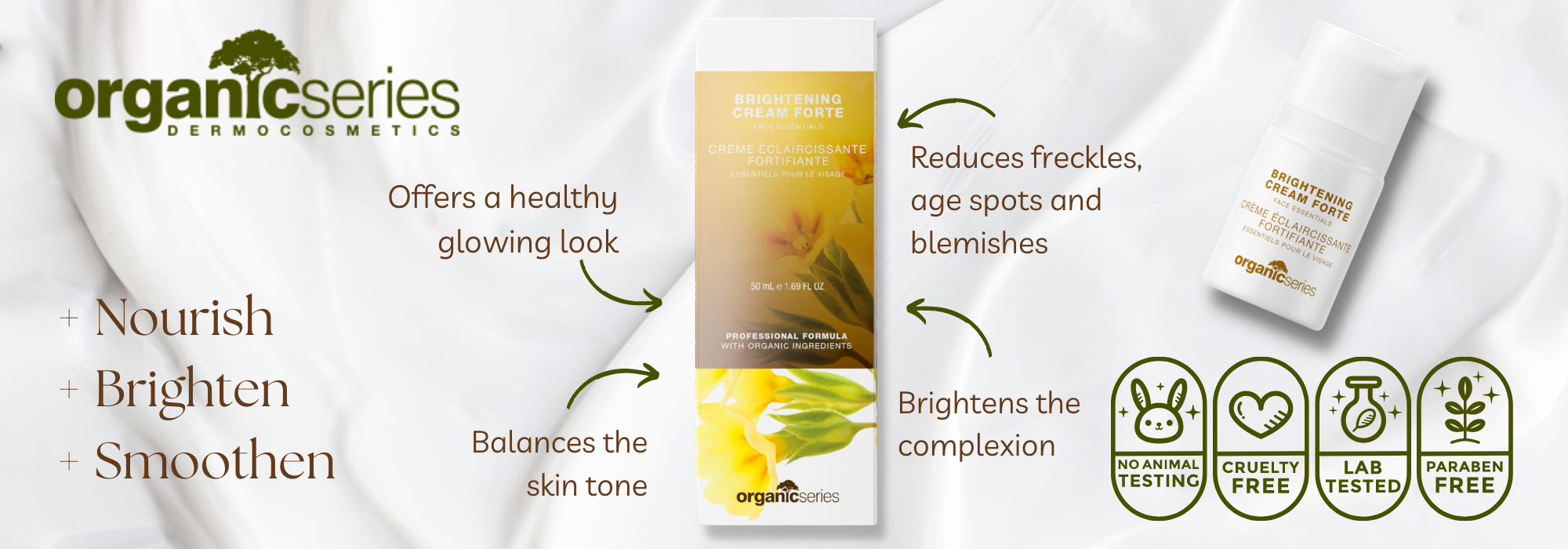
More inspiration
Follow Organic Series UK on instagram and facebook for more inspiration, expert tips and special discount codes!
Fight skin discolourations with Organic Series
-
Brightening Serum Intensive | By Organic Series | 15ml, 50ml, 200ml
From £ 12.00Rated 4.60 out of 505 reviews -
-
Face Moisturiser with Sunscreen SPF20 | Moisturising Cream SPF20 By Organic Series | 15ml, 50ml, 200ml
From £ 12.00Rated 4.89 out of 509 reviews -
Lemon Algae Face Mask | By Organic Series | 200ml, 500ml, 1l
From £ 21.00Rated 5.00 out of 502 reviews -

Maria
Cosmetic Chemist
Maria
All Author Posts

